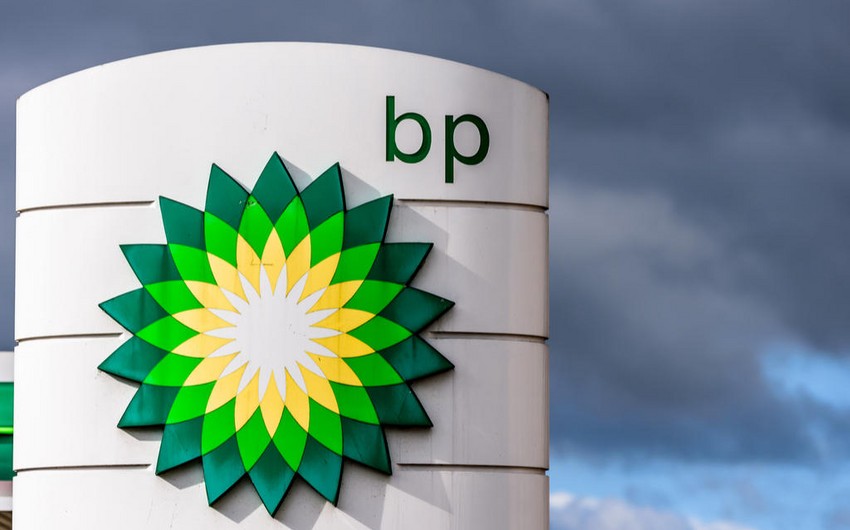BP has announced that it is developing plans for the UK’s largest blue hydrogen production facility, targeting 1GW of hydrogen production by 2030, Report informs referring to .
The project would capture and send for storage up to two million tons of carbon dioxide (CO₂) per year, equivalent to capturing the emissions from the heating of one million UK households.
Blue hydrogen is produced by converting natural gas into hydrogen and CO₂, which is then captured and permanently stored.
The project would be located in Teesside in north-east England and, with a final investment decision (FID) in early 2024, could begin production in 2027 or earlier. BP has begun a feasibility study into the project to explore technologies that could capture up to 98 percent of carbon emissions from the hydrogen production process.
The project would be developed in stages, with an initial 500MW of blue hydrogen capacity in production by 2027 or earlier and additional capacity to be deployed by 2030 as decarbonization of the industrial cluster and hydrogen demand gathers pace. BP sees potential for further hydrogen demand in Teesside beyond 2030.
H2Teesside would be integrated with the region’s already-planned Net Zero Teesside (NZT) and Northern Endurance Partnership (NEP) carbon capture use and storage (CCUS) projects, both of which are led by bp as operator.
The project’s hydrogen output could provide clean energy to industry and residential homes, be used as a fuel for heavy transport and support the creation of sustainable fuels, including bio and e-fuels.
Industries in Teesside account for over 5 percent of the UK’s industrial emissions and the region is home to five of the country’s top 25 emitters.
BP has agreed a memorandum of understanding (MoU) with Venator, one of the largest global producers of titanium dioxide pigments and performance additives, to scope the supply of clean hydrogen to its flagship Teesside plant.
BP has also agreed an MoU with Northern Gas Networks (NGN), the gas distributor for the North of England, to work together to initiate decarbonization of the gas networks in the UK.
In January it was reported that Essar and Progressive Energy joined forces to set up a venture to produce low carbon hydrogen at Essar’s Stanlow Refinery in Ellesmere Port, Cheshire.


 https://static.report.az/photo/d0966ad7-1383-397b-9110-0728b0d709a3.jpg
https://static.report.az/photo/d0966ad7-1383-397b-9110-0728b0d709a3.jpg

